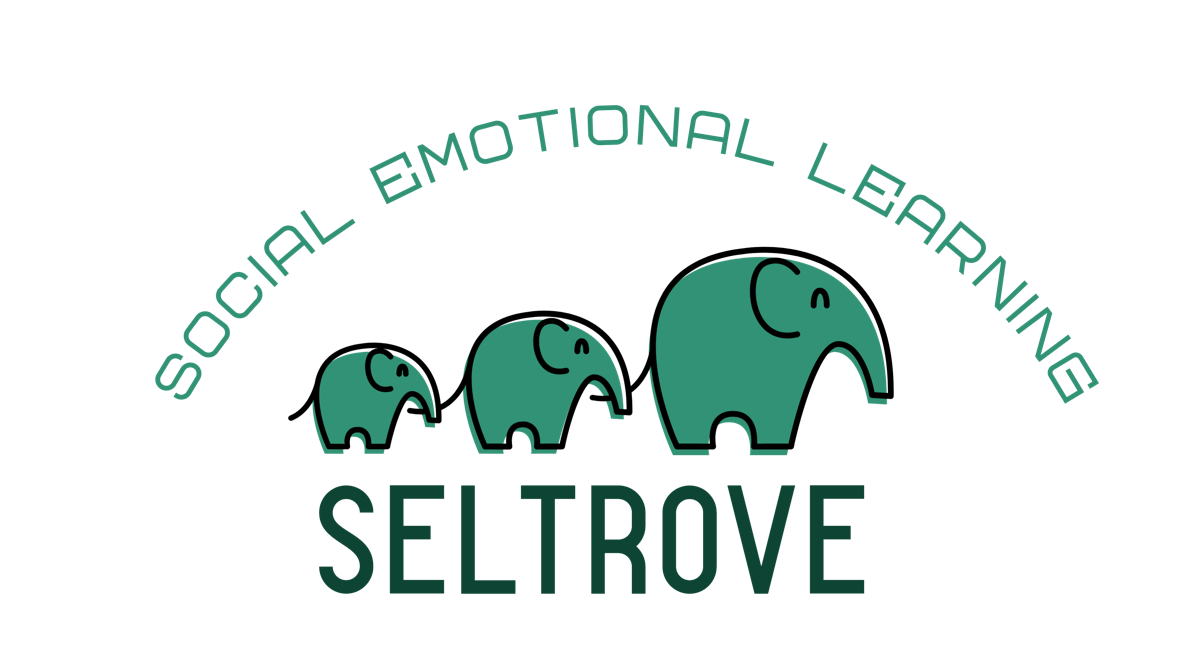What many call ‘teachable moments’ are actually lessons that we experience quite often in our classrooms, even if they do not appear in our actual lesson plans. This is the beauty of teaching. We also will build strong relationships with our students if we acknowledge and admit that we don’t know everything about everything. Let them know that we are willing to learn so that we can help them grow.
As teachers and staff members, we are not alone in the worry, fears, or questions we have about the events we're seeing everyday on our televisions, computers, and phones. Anxiety is real and may show up in our classrooms. Remember when we are able to model vulnerability, we may make it comfortable for our students to create their own moments of vulnerability.
We hinder our own empathy by not exploring the hearts and challenges of our students, by not walking in their shoes, by not being curious and by not examining our own biases.
Empathetic listening is one strategy we can teach our students to develop more empathetic behaviors. To do this we can encourage students to take on the perspective of the person they are listening to, clearing their mind of all judgements while the person is speaking, maintaining eye contact with the other person, and trying to understand how they are feeling or feel that same feeling.
We can think of empathetic listening strategies as what TO do, but there are also some things NOT to do.
As teachers we should try to avoid dismissing students' feelings, playing the expert by acting like we understand everything they are going through. We also need to not create assumptions or be too preachy to our students. We are not in their shoes.
When we become open to exploring the hearts of our students in an unbiased, non-selfish or judgmental way, we are getting out of our own way and becoming empathetic.
What tools do you use to be an empathetic listener to your students?
Want to learn more?
Check out our teacher workshops!
The Community Workshop bundle complements this topic well and focuses on teaching empathy and other healthy relationship skills. Check it out!
The Community Workshop bundle complements this topic well and focuses on teaching empathy and other healthy relationship skills. Check it out!
Write your awesome label here.
